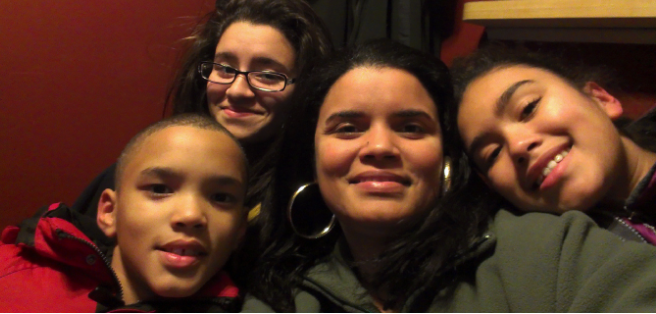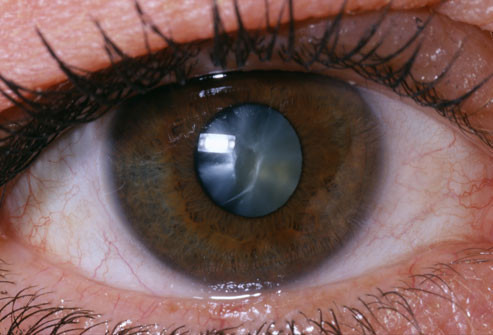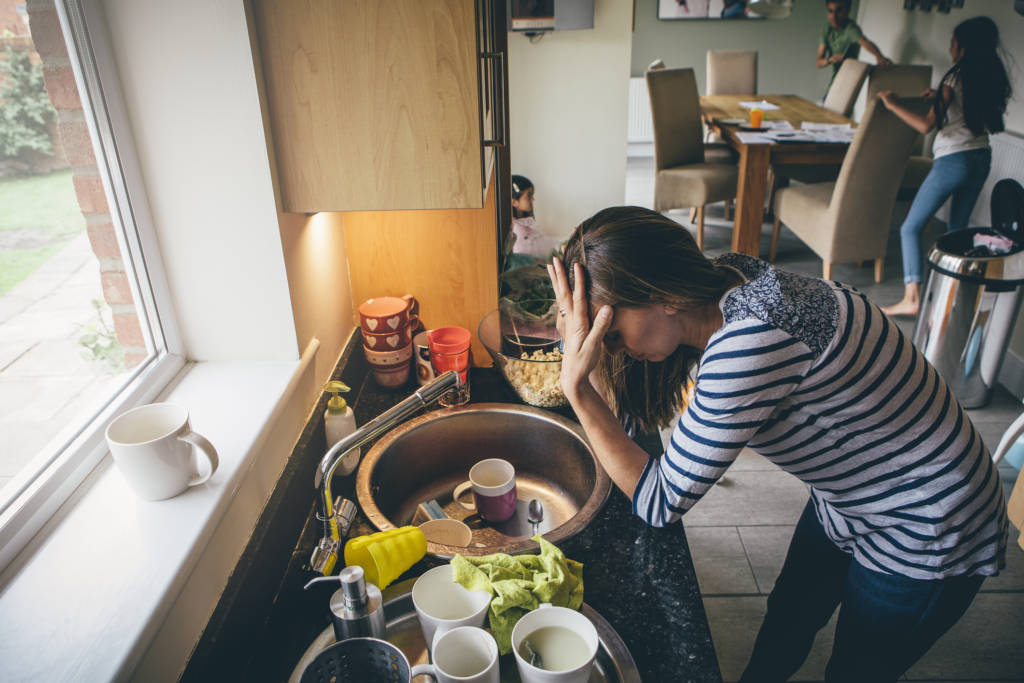“When my grandmother died from a heart attack, I was only 8, so I thought it was because she was old,” she said. “Actually, she was only 51.” Rodriguez-Zepeda experienced a roller coaster of emotions, thinking back to everything she’d experienced with cancer.
“You start feeling sorry for yourself, but I had to stop and remember, ‘I’ve been through this before and made it through,’” she said. The diagnosis was also difficult for Rodriguez-Zepeda’s kids, Marianna, 18, Ty, 17, Kyla, 12 and Michael, 11. “The younger ones were too little to remember much when I had cancer, but for the older ones, this has been devastating because they remember how hard it was,” she said.
When she had cancer, Rodriguez-Zepeda had help from her family; this time around she is now acting as caregiver for her mother, who suffers from dementia. There’s no cure for heart failure and managing the condition has been difficult as doctors try to find the right combination of medications to stabilize her condition.
She’s changed her diet and tries to get exercise when she has the energy for it, even if it’s just walking around her house. Just having a conversation can leave her out-of-breath. Rodriguez-Zepeda, now 41, works hard to avoid just sitting around at home, and still volunteers as a volleyball coach for her youngest daughter’s team.
“I can’t run down the court with her anymore and may have to take breaks sitting, but I just find a way,” she said. Even so, some days, basic tasks like making dinner proves too difficult. “We’ve been through this so the kids understand they have to step up and help,” she said.
An active motorcycle enthusiast, Rodriguez-Zepeda has also had to be more cautious about trips she takes, making sure she allows time for plenty of rest so that she can recover. As difficult as it’s been to manage her condition, Rodriguez-Zepeda is driven to find ways to help other heart patients, channeling her motorcycle club’s charitable efforts to help families of heart patients and volunteering with her local American Heart Association affiliate.
She’s also joined a team of newly established American Heart Association Heart Failure Patient Ambassadors. The group offers support and information by sharing their personal experiences and information with the millions of Americans impacted by heart disease and stroke. Rodriguez-Zepeda has shared her story at local Heart Walks and Go Red For Women events, and with local and national media. She also offers support to other heart failure patients through AHA’s Support Network.
“I personally know the struggle from a mental, emotional, physical and financial standpoint,” she said. “The importance of knowledge about resources, education, support, and care is so important and vital in our road to recovery.






